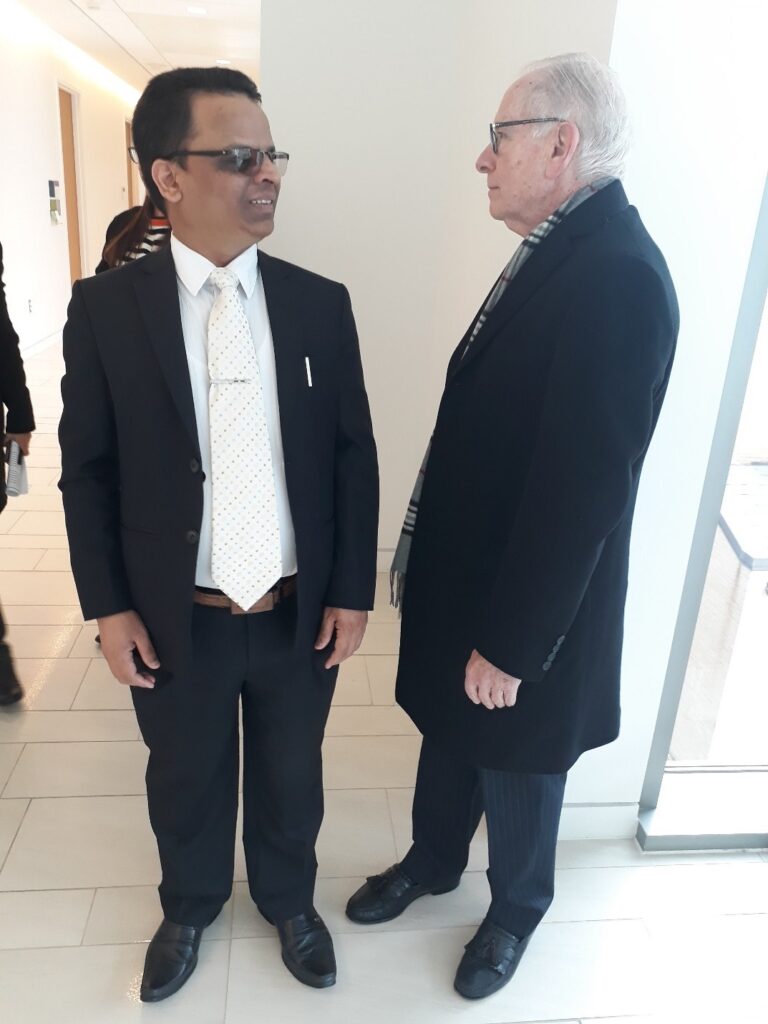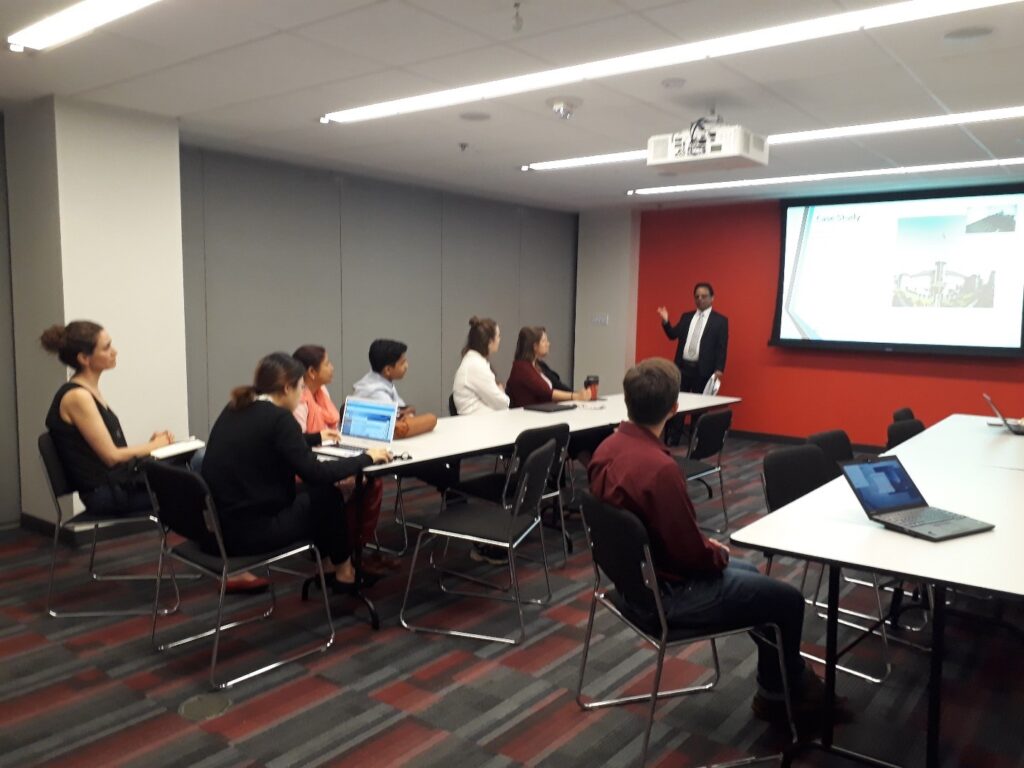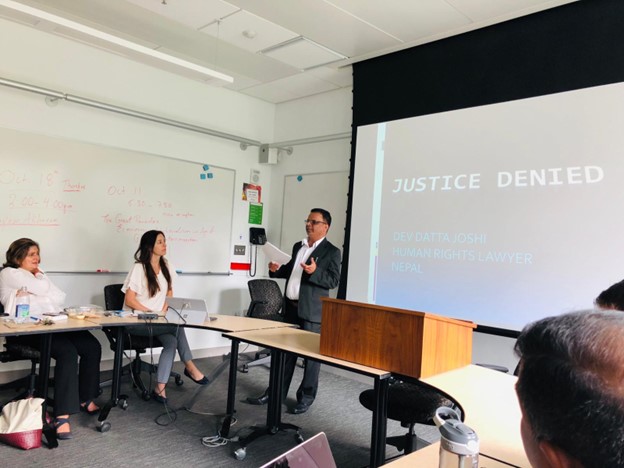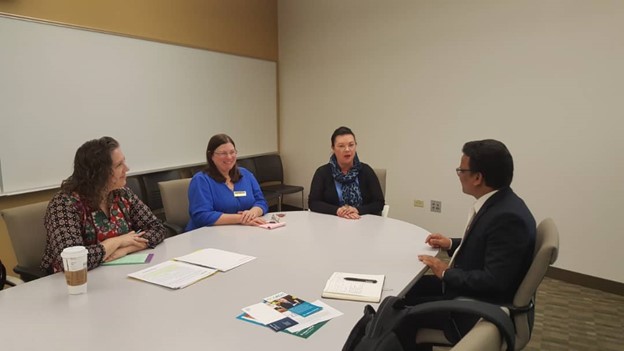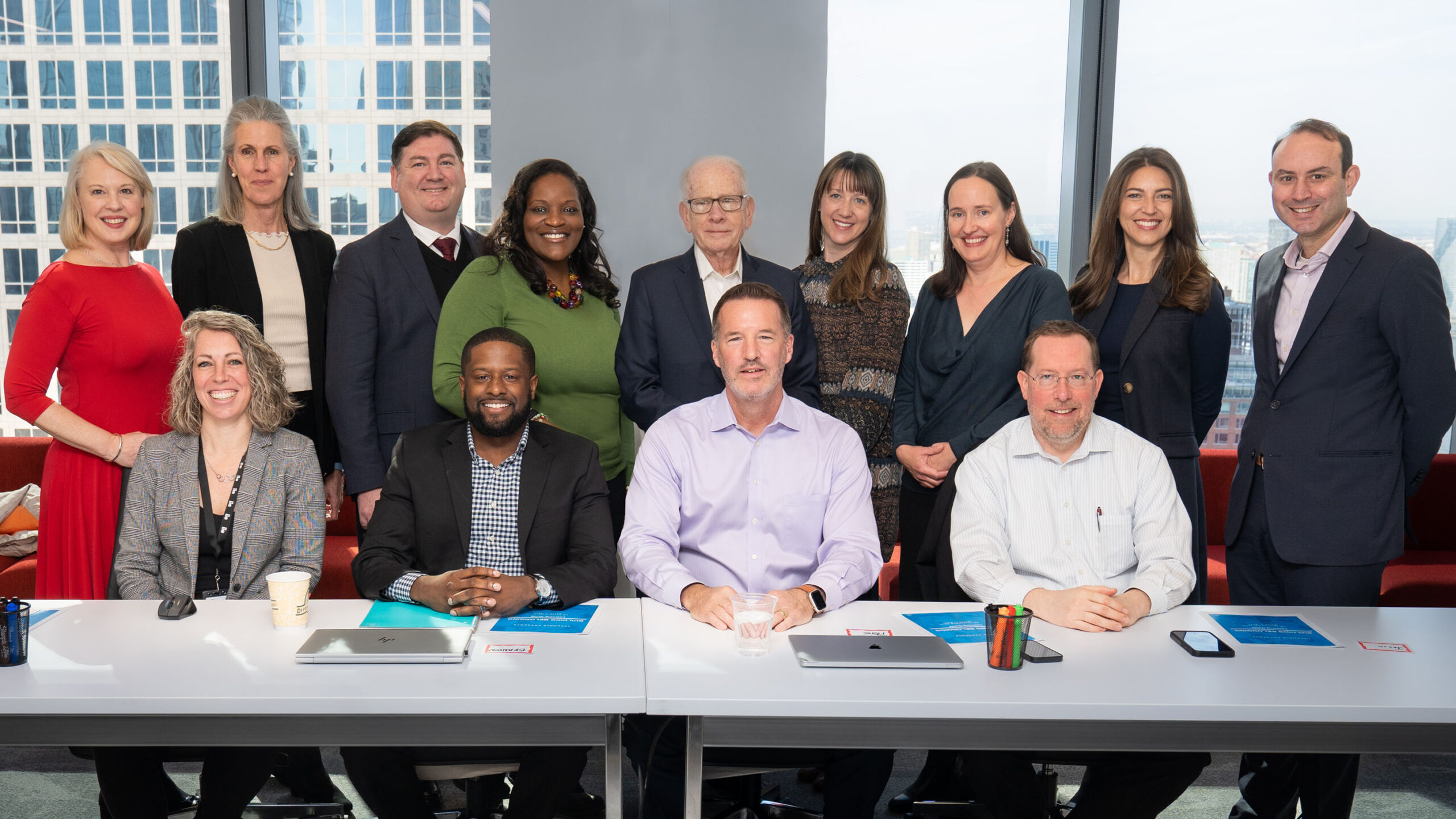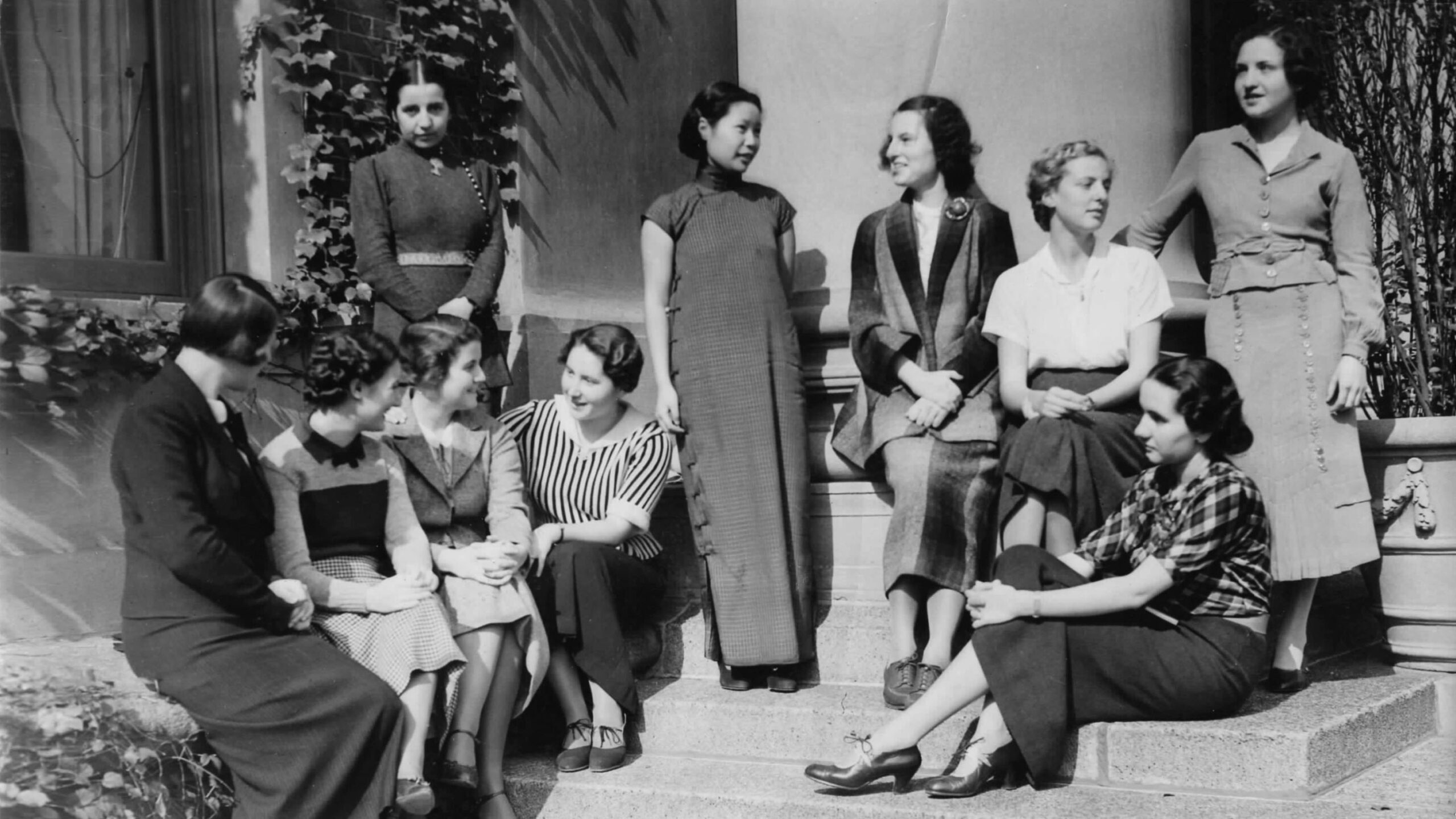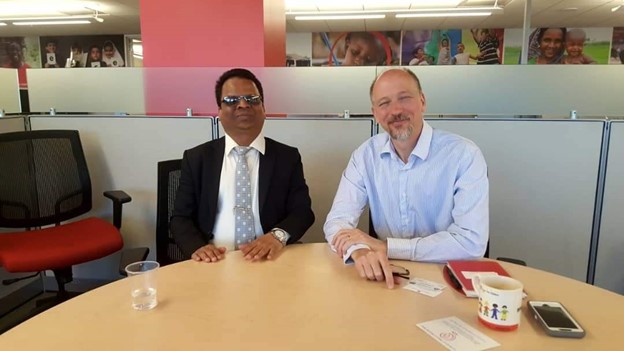
Forgotten People
By Dev Datta Joshi, IIE Centennial Fellow 2022-2023
I have been advancing disability rights nationally in Nepal and internationally for over 20 years. By advocating inclusion, voting, and rights for persons with disabilities, such as by bringing lawsuits, I am working to empower Nepal’s over 600,000 persons with disabilities, and especially the rights of refugee women with intellectual disabilities.
As the Founder and Executive Director of Equip for Equality Nepal (EEN), I lead a dynamic team responsible for the development, implementation, and replication of innovative projects such as “the Role of Civil Society Organizations and Movements in the Fight against Racism and Discrimination”.
Behind the Curve
Refugee persons with disabilities are among Nepal’s most vulnerable groups. These marginalized people are unable to advocate for themselves and are excluded from the rest of society by a discriminatory justice system. For example, Nepal’s education system refers refugees with intellectual and psychosocial disabilities as ‘of unsound mind’, restricting their right to education as enshrined in the Convention on the Rights of Persons with Disabilities (CRPD), Article 24.
In Nepal, education policymakers have a poor idea of the meaning of inclusive education for refugees with disabilities. The government is therefore failing to ensure an inclusive high-quality education system for refugees with disabilities, especially refugee women with intellectual disabilities. As a result, in Nepal, illiteracy remains high among refugee women with intellectual disabilities.
In Nepal, refugee girls/women with disabilities, especially Rohingya refugee women with intellectual disabilities face a triple burden.
The Hard Life
Education is the basic tool to make people more aware, in addition to empowering them. Therefore, rights sensitive inclusive higher education for refugees with disabilities can bring significant changes in their lives.
Life is more difficult for disabled refugees in Nepal where they face extreme challenges to access public services, goods, and transport. Similarly, social stigma against refugee girls and women with disabilities discourages them from attending higher education institutions. Refugee and displaced people with disabilities could potentially attend university but cannot, due to barriers of language, cost, work and family obligations, and missing documentation.
Seeing the Light
Despite the government’s commitment to create inclusive and refugees-friendly higher education institutions, it has not been able to make the higher education institution environment accessible to refugees with disabilities. The practical barriers to inclusive education are mainly associated with limited financial resources, poor understanding of disability, and low prioritization of inclusive higher education. These barriers include a lack of information about the extension of the right to education to include refugee persons with disabilities and inadequate knowledge about existing possibilities and options available; inaccessible university facilities with poor reasonable accommodation; the existence of segregated and inferior quality of education; ineffective social support; high university fees; and stigma against refugees with disabilities and their families.
My Fellowship project, Overcoming the Barriers That Refugee and Internally Displaced People with Disabilities Face in Accessing Higher Education in Nepal, aims to address the challenges that refugees with disabilities, especially refugee women with intellectual disabilities face to ensure their right to higher education. The following components of my Humphrey Fellowship year in the United States were instrumental to win IIE Centennial Fellowship.
When attending the Washington Global Leadership Forum, I had an opportunity to meet with representatives of international organizations such as Refugees International. This meeting provided me with insights and skills on how a developed country like the United States is ensuring college admission of refugee persons with disabilities. I brought that knowledge back to my country and shared it with disability rights advocates, university deans, and the UN Refugee Agency officials.
While pursuing course work on Asylum and Refugee Law at American University’s Washington College of Law, I gained insights and skills on the history and development of the United Nations 1951 Refugee Convention, the 1967 Protocol, and the U.S. Refugee Act of 1980.
During my Community College Residency Program (CCRP) in Chicago, I had an opportunity to meet with experts and thought leaders in disability rights and organizations who helped me identify steps to advance my project and increased my effectiveness as leader in the medium and long term.
My project actively works to increase access, ensure equity, provide pathways, and/or address needs related to higher education attainment for refugee populations by:
- Identifying the barriers that refugees with disabilities face while exercising their rights to higher education.
- Increasing knowledge on higher education of refugees with disabilities, their families, Disabled Peoples’ Organizations, service providers, and education policymakers.
- Influencing policymakers by educating them with specific professional insights and skills on inclusive education in order to develop practices and policies that uphold the right to higher education for refugees with disabilities.
- Raising awareness on issues related to refugee persons with disabilities’ empowerment through educational rights within the community in general to stimulate social change.

